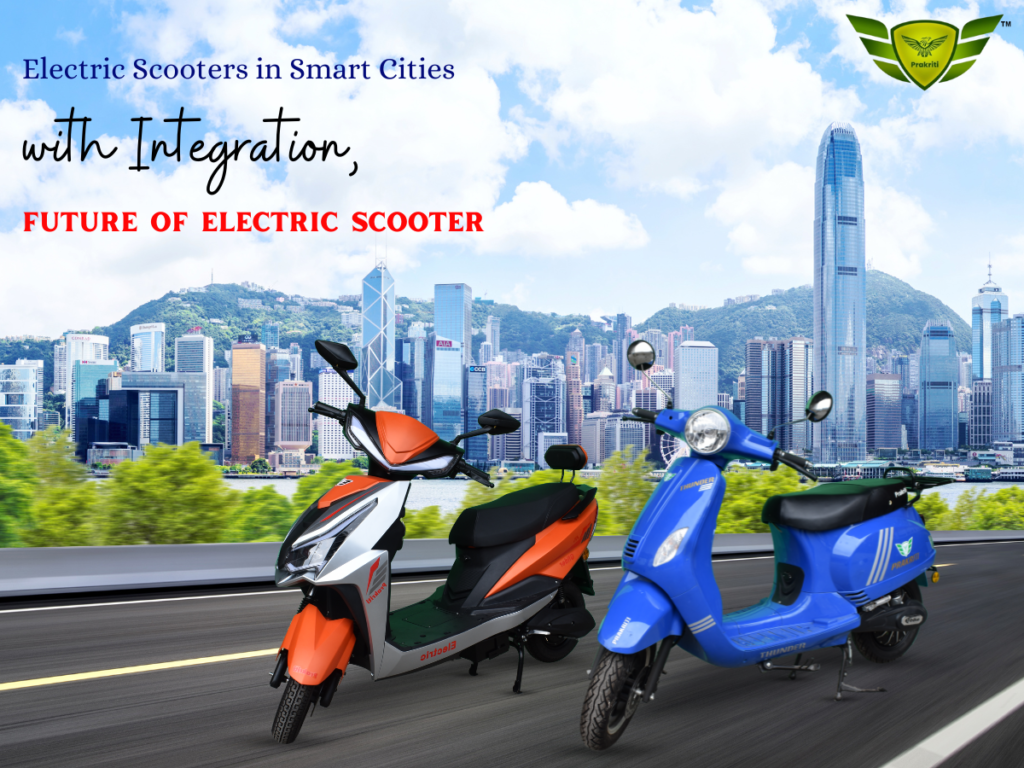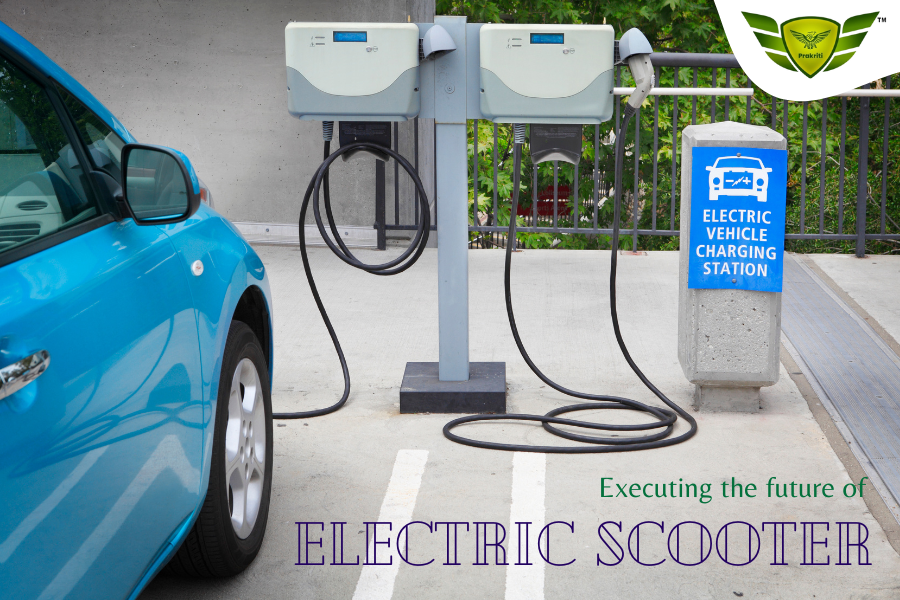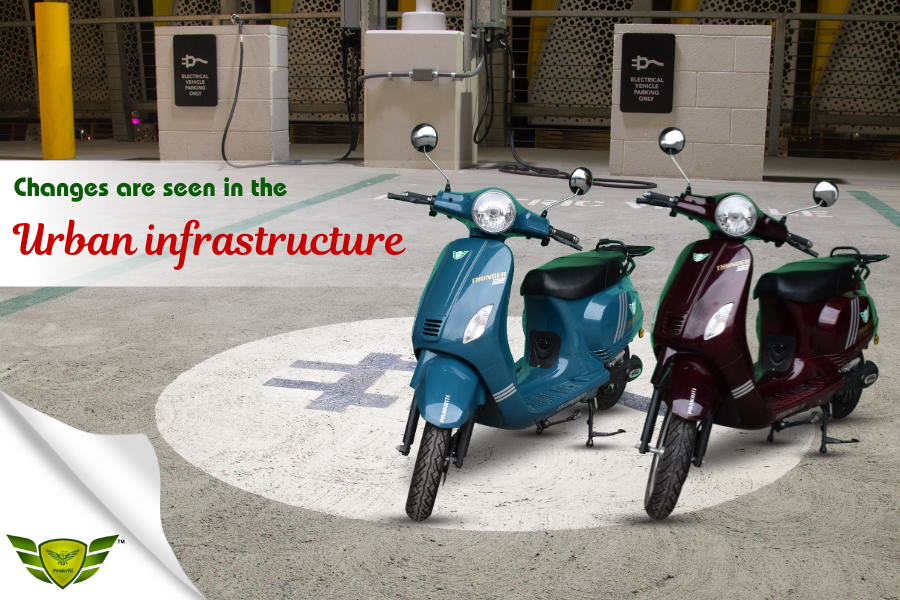
Electric scooter sharing has become a disruptive force in the ever-changing urban transportation sector, completely changing how we move across the streets. Future of electric scooter Not only has the incorporation of these agile and environmentally conscious cars improved convenience, but it has also caused a fundamental change in the way people view and interact with their daily commutes. This blog explores the explosive growth of electric scooter rental businesses, following their development from cutting-edge alternatives to transit to essential elements of urban life. We uncover the layers of innovation, sustainability, and social connectivity that together contribute to scooter sharing’s status as a game-changer in modern urban transportation, by analysing the complex influence of this technology on urban mobility.
Executing the future of electric scooter:
Table of Contents
Toggle
some of the major points of future of electric scooter will in the following step, the green future is waiting for all:
Easy Accessibility at Your Fingertips:
Platforms for renting out electric scooters have completely changed urban mobility by offering a last-mile, on-demand transportation option. Users can easily find, unlock, and ride future of electric scooter located all over the city with a few taps using a smartphone app. This degree of accessibility enhances the flexibility and efficiency of urban transportation systems, by streamlining the commuter experience and enabling people to make impulsive, environmentally friendly decisions. Widespread adoption has been greatly aided by the ease and speed with which electric scooters can be accessed via an intuitive app, turning sustainable commuting into an incredibly practical and accessible choice for city people on the go.
Mitigating Congestion in Traffic:
For short-distance commuting, future of electric scooter sharing provides a sustainable alternative as cities continue to struggle with traffic congestion. Because commuters can move through congested areas with ease, there is less traffic and carbon emissions from using traditional forms of transportation. Because they are small, electric scooter users can manoeuvre through traffic and access areas that might be inaccessible for larger cars. These scooters help to improve the flow of urban traffic and create a eco-friendlier and more productive urban environment ,by relieving the strain on clogged roads. This not only improves urban living generally but also supports international initiatives to build greener, more sustainable cities that put the health of their citizens and the environment first.
Eco-Friendly with future Transportation:
Electric scooters are by nature environmentally friendly because they produce no pollutants. The growing popularity of future of electric scooter sharing supports, the global movement for sustainable transportation solutions by fostering a greener urban environment and cleaner air. In addition to improving the immediate urban environment, this shift toward environmentally responsible mobility supports larger campaigns that fight climate change, and promote a more sustainable future.
Innovation and Technology:
Sharing electric scooters is a leading example of technological innovation. These scooters are simple to find, unlock, and ride thanks to GPS tracking, mobile app integration, and Internet of Things connectivity. The convergence of transportation and technology has enabled the development of smarter and more interconnected cities. Incorporating state-of-the-art technologies not only improves user experience but also helps build intelligent urban infrastructures. Future of Electric scooter sharing platforms facilitate effective fleet management, optimum traffic flow, and enhanced urban mobility by utilizing real-time data and connection. This technology-transportation nexus highlights how innovation may be used to solve today’s urban problems and emphasizes. how electric scooters can act as catalysts for the development of smarter, more integrated urban settings.
Impact on the Community:
Electric scooter rental businesses foster a feeling of community in addition to providing individual convenience. Urban dwellers are more bonded and engage in social interactions when they have shared mobility, which encourages a commitment to sustainable living.
With smartphone access, future of electric scooter sharing is transforming urban mobility and offering unmatched convenience. These services are reshaping urban transportation and provide a low-carbon, traffic-congestion alternative for short commutes. Scooters are an appealing substitute because of their affordability and environmentally favourable qualities, which support worldwide sustainability initiatives. They handle first- and last-mile connection while integrating seamlessly with public transportation. Urban transportation is being redefined by technological developments like as app integration and GPS tracking. The future of electric scooter sharing looks promising, despite obstacles like safety concerns and legal barriers. It will be crucial in forming sustainable and connected cities.
What changes are we seeing in the urban infrastructure?

In order to handle the increase in the use of electric scooters, city councils are updating their infrastructure. This includes: Increasingly, cycle lanes are being used as a vital way to improve the effectiveness and safety of urban transportation. In order to accept e-scooters or incorporate them into the current riding infrastructure, many cities are expanding their cycle lanes. Riders benefit from smoother, safer routes as opposed to the sometimes uneven and cluttered sidewalks, and walkers gain piece of mind from not having to worry about silent, quickly moving scooters on sidewalks. This lessens obstruction in public areas and helps maintain walkways that are friendly to pedestrians.
Because electric scooters are small, they eliminate the need for large parking lots, which directly and favourably affects the preservation of green spaces in urban areas. In the places where parking lots would have otherwise been, parks, trees, and other vegetation can thrive. These green areas are essential for raising residents’ general well-being, lowering the effects of urban heat islands, and improving air quality. Therefore, the transition to future of electric scooter promotes the creation of more liveable and sustainable urban environments.
Conclusion:
Innovative approaches to incorporating e-scooters into the larger transportation system are being tested by cities. The idea of “micro-mobility hubs,” where small electric vehicles such as e-scooters and e-bikes can be hired or parked next to public transportation stops, is one example. These hubs provide easy entry locations for a range of transportation options, facilitating people’s selection of the best option for their trip. In certain urban areas, future of electric scooter is being combined with electric bus systems, enabling users to bring their scooters on buses, expanding their mobility and offering a more adaptable way to get to work.
